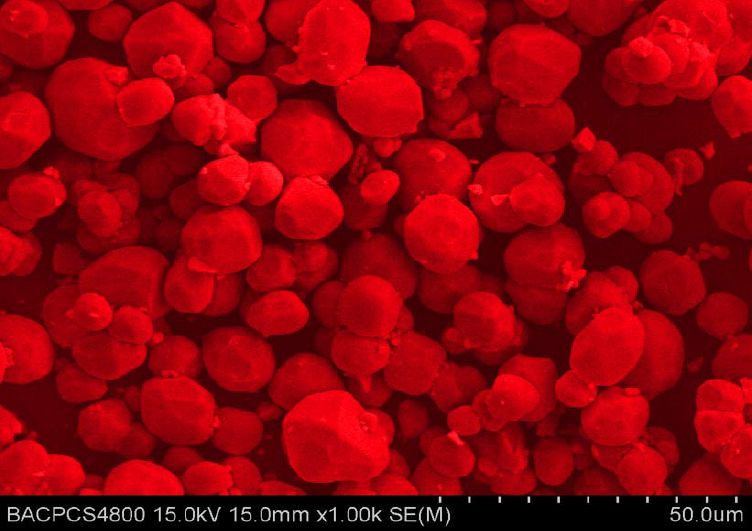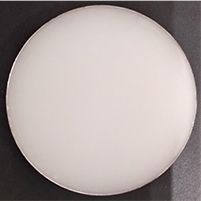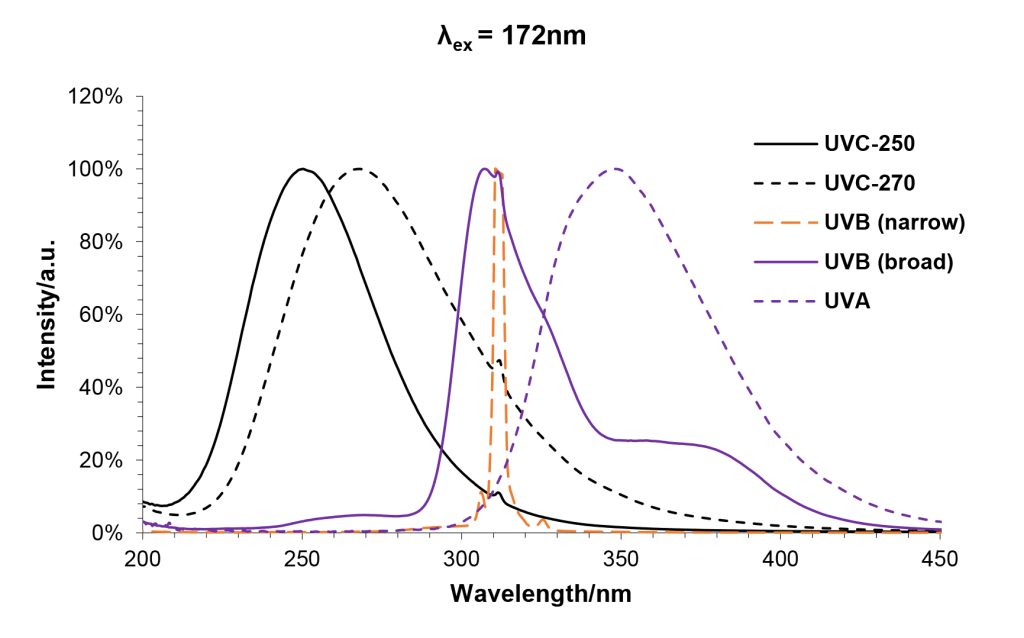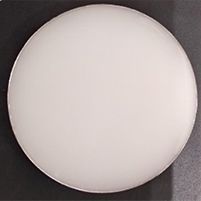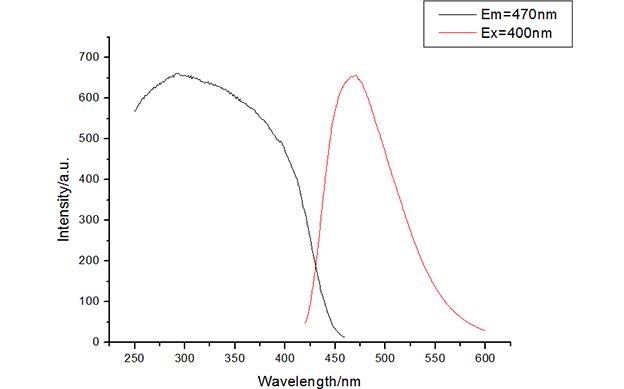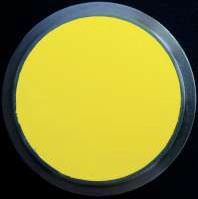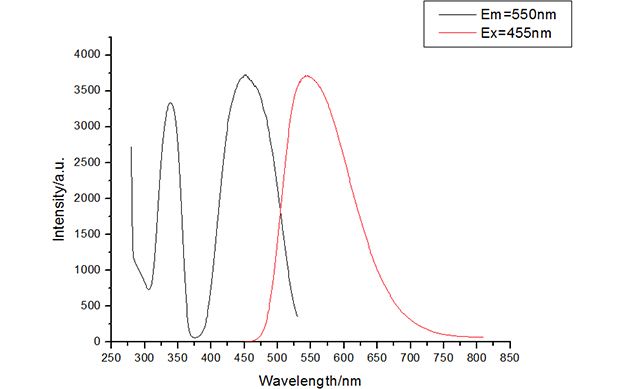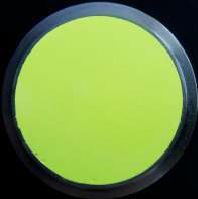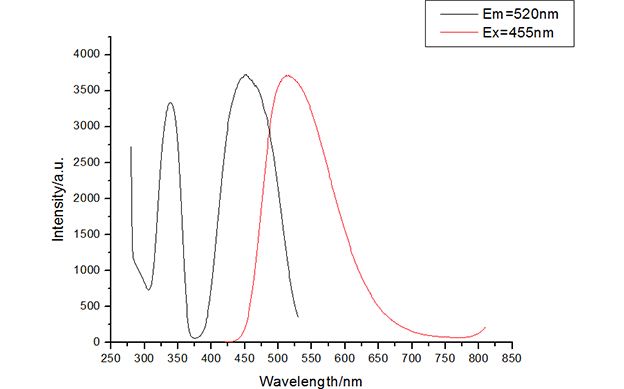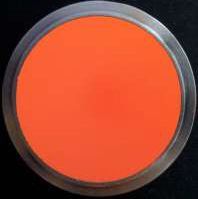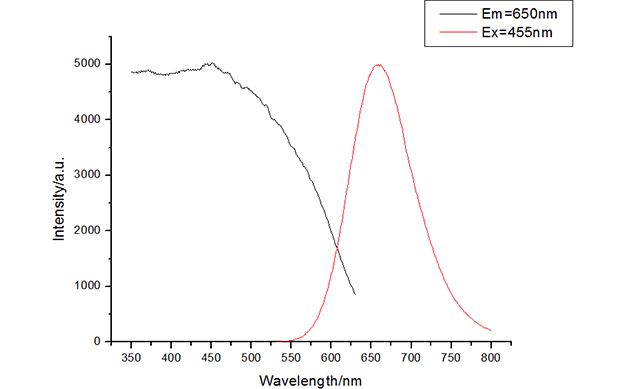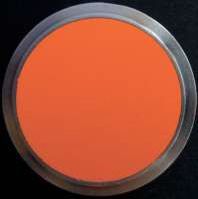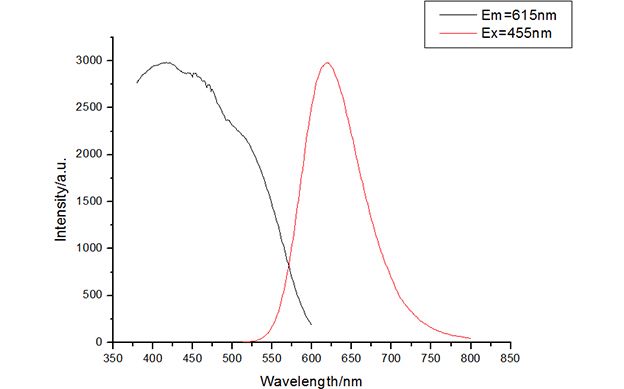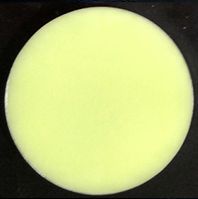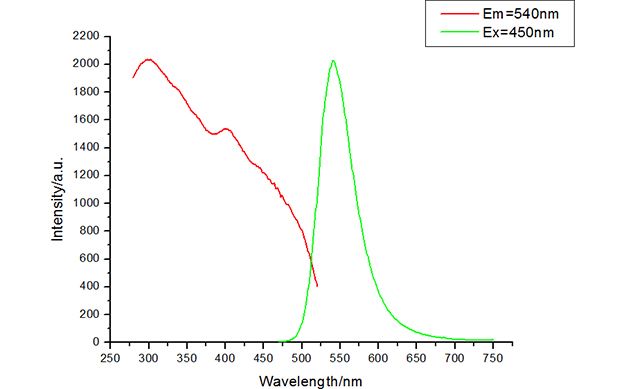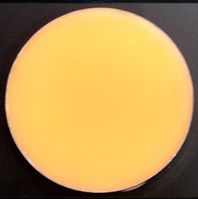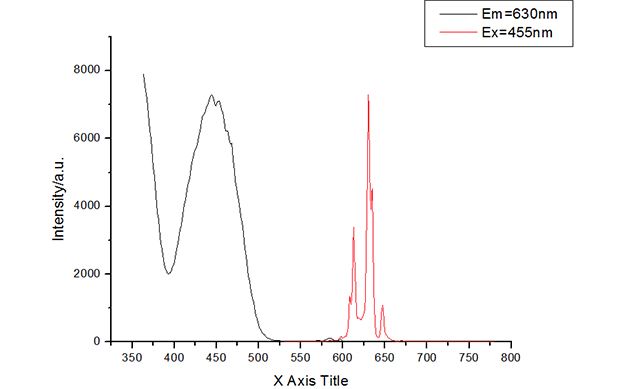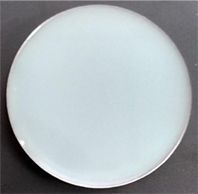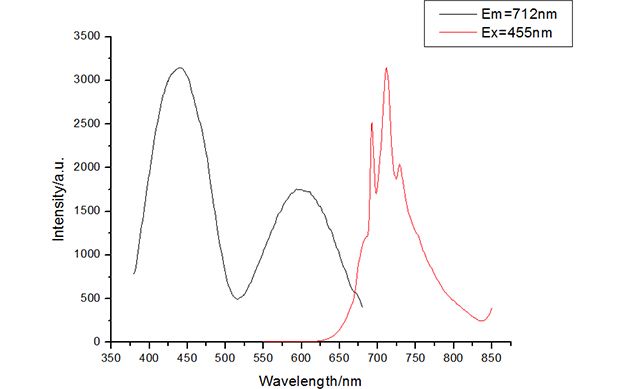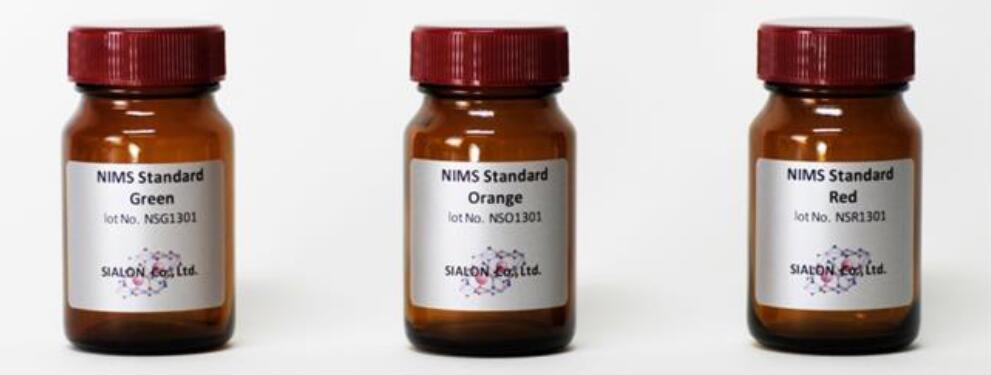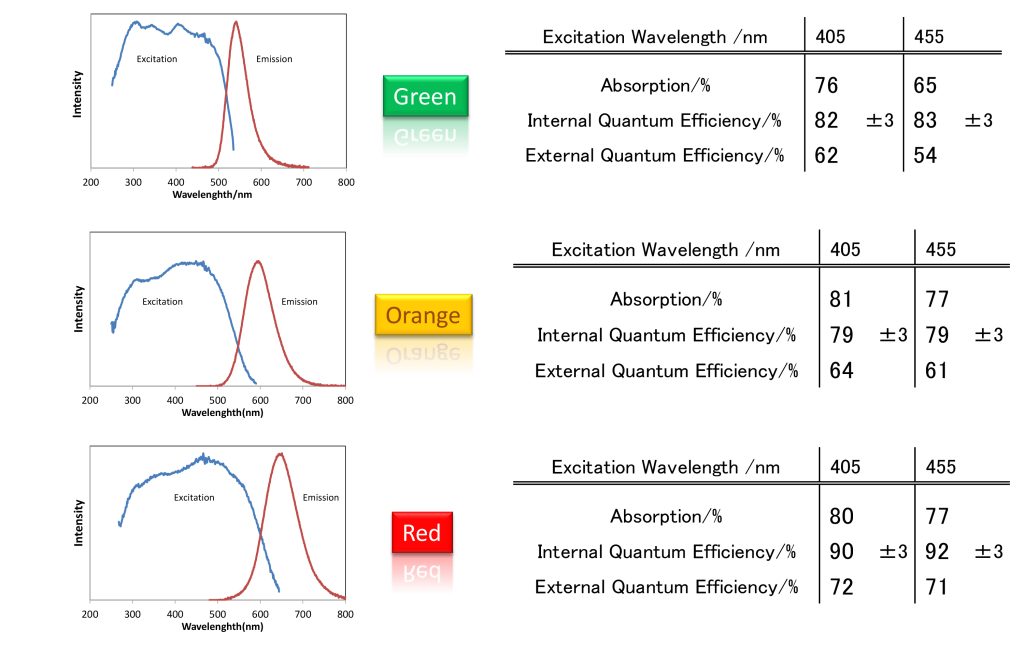- Home
-
Technology
LED spectrum science
-
Products
- White LEDs
- High Efficacy Ra 80 (250lm/W)
- High Efficacy Ra 80 (225lm/W)
- High Efficacy Ra 90 (240lm/W)
- WB 3030 N/D (1.5W)
- Full-Spectrum APS 3030 (1 W)
- Full-Spectrum APS 2835 (1 W)
- High CRI BC 2835L (0.2W)
- High CRI BC 2835M (0.5W)
- High CRI BC 3030 G04 (1 W)
- High CRI BC 3030 G03 (1 W)
- High CRI BC 2 in 1 LED (0.5W)
- Full-spectrum VTC 2835MX (0.5W)
- Full-spectrum VTC 2835X (0.2W)
- AP 3030 (0.2W)
- Multichromatic LEDs
- 7080H
- RGBW5050H (150mA each channel)
- RGBWW 7070M
- RGBW5050 (20mA each channel)
- RGB 5054
- RGB 5050L
- RGB 5050H
- RGBWW 5050L
- White LED flexible strip
- Full Spectrum Dynamic Tunable White LED (VTC Series)
- Full Spectrum White LED (VTC Series)
- High CRI 95+ High Efficacy High Brightness LED (BC Series)
- High CRI 95+ Dotless and High Brightness (BC Series) – 20W
- High CRI 95+ Dotless and High Brightness (BC Series) – 24W
- High CRI 95+ Water Proof IP67 White LED (BC Series)
- High CRI 95+ Water Proof IP65 White LED (BC Series)
- High CRI 95+ Bendable LED (BC Series)
- High CRI 95+ Dynamic Tunable White LED (BC Series)
- High CRI 95+ White LED (BC Series)
- White LED multirow flexible strip
- Full Spectrum Dynamic Tunable White Multi-Row LED (VTC Series)
- High CRI 95+ Dynamic Tunable White Multi-Row LED (BC Series)
- Applications
- Resource
- About Us
- Home
- Technology
- Products
- Applications
- Resource
- About Us
- Retail

